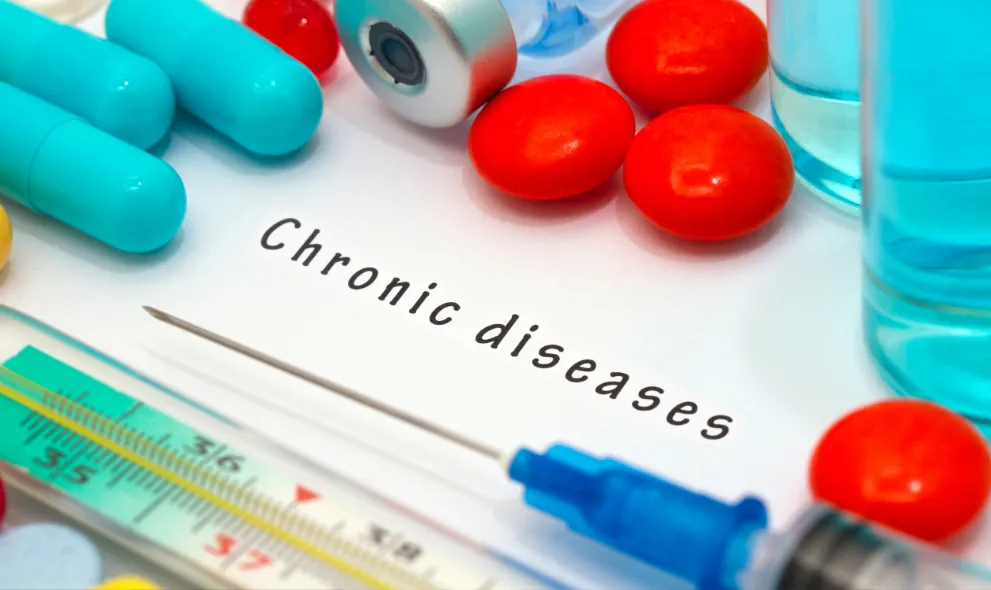Written and medically reviewed by Dorcas Morak, Pharm.D
The Inflation Reduction Act of 2022 (IRA) is a new law that aims to control inflation by cutting the deficit, bringing down the price of prescription drugs, and boosting domestic energy production while supporting sustainable energy. It was signed into law by President Biden in August 2022. The act gives Medicare the authority to bargain for lower prescription drug prices. Also, it has other provisions that will possibly make life easier for Medicare beneficiaries. Some of the provisions of the law will go into force in 2023, while others won't until 2026.
Continue reading to learn how the legislation will directly impact the cost of Medicare-covered prescription medications.
What Is The Difference Between Medicare And Medicaid?
Medicare is a federal government health insurance program available to anybody of age 65 and above or younger but with a disability irrespective of their income.
While Medicaid is a state and federal government program that provides low-income individuals with health care assistance. Only low-income earners that are disabled qualify for Medicare.
Which Drugs Qualify For Medicare Negotiation?
Only high-cost prescription small-molecule drugs with at least 9 years post FDA approval and biologics with at least 13 years post-FDA approval which is covered by Medicare are eligible.
The negotiation is limited to 10 Part D drugs in 2026, 15 Part D drugs in 2027, 15 Part B drugs in 2028, and 20 Part B and Part D drugs in 2029 and later years.
How will the Inflation Reduction Act Impact Out-Of-Pocket Spending?
The out-of-pocket spending on Medicare Part D drugs will be capped at $2,000 starting from 2025. Therefore, if you hit your cap of $2,000 in 2025, you won't pay any more coinsurance for the rest of the year. However, the cap may change in the subsequent year based on Medicare's annual spending for the covered drugs. For example, if Medicare spends 10% more in 2025, your cap for 2026 will be $2,200.
Will I Still Pay Coinsurance If I Exceed Catastrophic Threshold?
Beginning in 2024, Medicare beneficiaries will no longer be required to pay coinsurance during the catastrophic phase. In 2022, beneficiaries of Medicare who spent more than the $7,050 catastrophic threshold will be required to pay a 5% coinsurance until the end of the year. Starting 2024, if you exceed the catastrophic out-of-pocket spending threshold, your Medicare Part D out-of-pocket expenses for the year are covered. This clause essentially only applies to 2024 because the $2,000 out-of-pocket maximum is set to take effect in 2025.
When will Medicare Beneficiaries Enjoy Rebates from Drug Manufacturers?
If the cost of prescription medications covered by Medicare increases faster than the rate of inflation, drug manufacturers will pay rebates to Medicare recipients starting from 2023. This means that while the price of your medications may rise, the rate is limited to the rate of inflation.
How will Inflation Reduction Acts Affect the Cost of Insulin?
Medicare-covered insulin products won't cost you more than $35 per month in out-of-pocket expenses. Deductibles under Medicare Part D won't apply to it.
Will there be Cost-Sharing on Adult Vaccines?
Starting in 2023, getting an adult immunization covered by Medicare Part D won't cost you a dime. This suggests that there won't be any deductibles, copayments, or other cost-sharing for adult immunizations covered by the plan.
Does the Inflation Reduction Act Affect Part D Low-Income Subsidies Eligibility?
The income threshold for being eligible for the full Medicare Part D low-income subsidy has increased from 135% to 150% of the Federal Poverty Level (FPL). Therefore, you may be eligible for the entire Extra Help Subsidy for your Medicare Part cost if your income is less than 150% of the FPL ($20,385 as of 2022) and your resources are below the cutoff.
How can I save Costs on My Medication Before the Inflation Reduction Act Take Effect?
You can save up to 88% on your prescription drugs with a free RxLess discount card. Many pharmacies in your neighborhood, including CVS, Rite Aid, and Walgreens, accept this pharmacy prescription discount card.
















